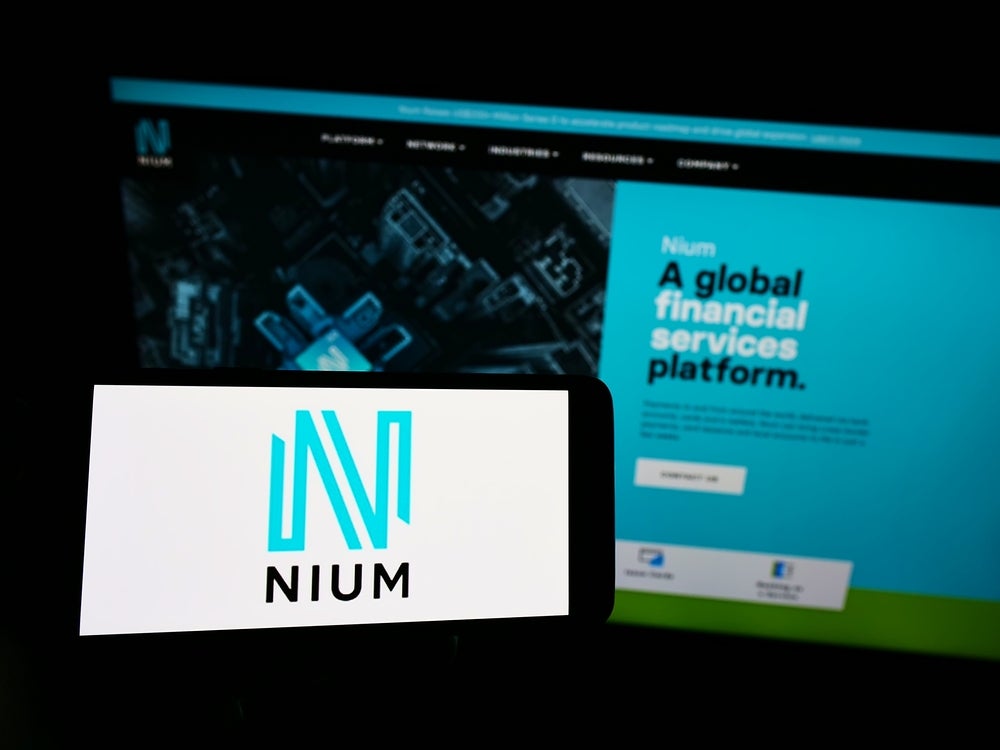In May, Fiserv and Earthport announced that
they had gone into a partnership to offer a cross-border payments
clearing service for low-value payments. Initial implementations
are aimed to be finalised by the end of the year.
Fiserv is going to integrate Earthport’s
cross-border service into Fiserv’s PEP+ solution, which enables
users to generate and receive real-time ACH payments.
The primary aim of this integration and
partnership is to make low-value cross-border payments more
efficient, say Bert Harkins, senior vice-president, sales and
marketing at Fiserv, and Paul Thomas, executive director at
Earthport.
Earthport specialises in payments processing
technology for high volumes of low-value cross-border payments. And
so, Fiserv’s Pep+ clients, who are based in North America will get
access to Earthport’s network of local clearing schemes in over 50
countries. The new service will be marketed directly to Fiserv’s
Pep+ clients.
“We’ve been asked by our clients in the US
what we were going to do to start leveraging our core ACH system
for international low-value international payments frequently,”
says Harkins.
“That demand has become more pronounced over
the last couple of years. We realised that there are things we have
as core competences and thing that are not part of our core
competences – but that are necessary for a truly international
low-value service. So about 18 months ago, we entered discussions
with Earthport and found that we complemented each other,” Harkins
explains.
How well do you really know your competitors?
Access the most comprehensive Company Profiles on the market, powered by GlobalData. Save hours of research. Gain competitive edge.

Thank you!
Your download email will arrive shortly
Not ready to buy yet? Download a free sample
We are confident about the unique quality of our Company Profiles. However, we want you to make the most beneficial decision for your business, so we offer a free sample that you can download by submitting the below form
By GlobalDataEarthport defines low-value payments as
transactions with a value of between USD200 and USD50,000. But he
makes a distinction:
From a global trade perspective, he says, a
low-value transactions could be anywhere between USD1,000 and
USD11,000, while for remittances, it could be anywhere between
USD200 and USD3,000 dollars, depending on the corridor.
This partnership therefore covers both
consumer and corporate payments.
“Our primary customer is a US top100 financial
institution. This deal enables them to open up the service to their
commercial customers to distribute payments across the world. What
our customers use the service for is for a routing mechanism for
international payments. There are various types of payments
front-end, such as online. But what we do on the ACH side is
providing a routing mechanism that can be beneficial from a
low-cost perspective and cross-border perspective,” Harkins
says.
The key, Thomas points out, is that payments
will be made through domestic ACH platforms.
“We are not a clearing house. North American
banks have talked over the last couple of years about a requirement
for a global ACH-like capability. The Earthport service offers our
and Fiserv customers access to ACHs around the world. We access
these through a banking partner in individual countries,” Thomas
explains.
This type of service has given Earthport
another role: Harkins says that Fiserv’s clients view Earthport as
an adviser for questions regarding non-US related regulation and
payment schemes, such as SEPA in Europe.
Although SEPA specifically is not fundamental
to the partnership between Fiserv and Earthport, Harkins argues
that Fiserv’s clients have asked the company about non-US market
environments before.
“When we were talking to our clients
theoretically about creating our own international solution, our
clients would ask questions like: ‘You know the domestic market,
what about things like SEPA?’ So bringing in a partner who
understands the nuances and the rapidly changing dynamics of non-US
markets has really added to our ability to market this deal,”
Harkins argues.







